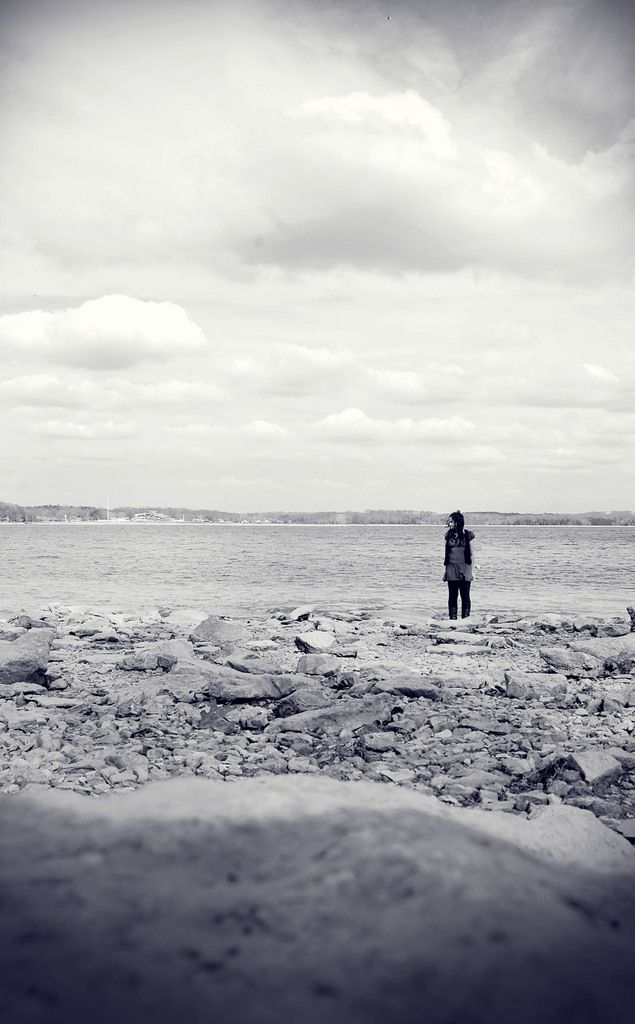Intense Scrutiny for Jews in Germany: RIAS Records 8,600 Instances of Tension - Pressure on over 8,600 Jews in Germany detailed by Rias
Jews in Germany are experiencing a significant increase in antisemitic incidents, making them feel vulnerable and unsafe. According to a report by the Federal Association of Research and Information Centres on Antisemitism (Rias), over 8,600 incidents were recorded, a 77% uptick from 2023.
By the Numbers
The report shows that 8 cases of extreme violence, 186 attacks, 443 incidents of targeted property damage, and 300 threats were reported. The most common category, "offensive behavior," recorded 7,514 incidents, including 1,802 gatherings. They are categorized as antisemitic incidents when antisemitic statements are documented in the call or speeches.
Right-wing extremist backgrounds were linked to 544 incidents, marking the highest number since the nationwide comparison began in 2020. Approximately 5,857 incidents were classified as "Israel-related antisemitism," more than double the number in 2023.
Rias also documented 450 antisemitic incidents at universities and 284 at schools. The Hamas attack on Israel in 2023 marked a turning point, with the danger of being targeted as a Jew or Jewess in Germany significantly increasing since October 7.
Notable Cases
Rias recorded not only an attack by a Berlin student on a Jewish fellow student outside a bar in early 2024 as a case of extreme violence but also the fatal attack by a suspected IS sympathizer at the city festival in Solingen and the attack by a suspected Islamist on the Israeli Consulate General and an NS Documentation Centre in Munich.
Some of the 186 registered attacks included one in Oldenburg, where two men allegedly held a Jewish schoolgirl on her way to school and insulted her as a "dirty Jew." In a Leipzig park, 10 to 15 right-wing extremists attacked three men who were discussing antisemitism. In the Saxon Switzerland region, a man insulted a woman as a "Nazi" and pushed her because she had a bag with the inscription "Feminist Zionist."
Among the 443 property damage incidents, 50 occurred in the living environment, such as the defacement with swastikas of a Jewish couple's home in Hamburg and the marking of a Jewish person's house in Leipzig with a Star of David, bearing a threatening message.
Methodology and Criticism
The increase in antisemitic incidents is also reflected in official statistics since October 7, 2023. Rias' numbers are unique because they record incidents that those affected or witnesses report to the association's reporting centers, making the data depend on the number of people who come forward.
A report by German-Israeli journalist Itay Mashiach on behalf of the "Diaspora Alliance" accuses Rias of "opaque methods" and criticizes an "overemphasis on 'Israel-related antisemitism'". Rias CEO Benjamin Steinitz dismissed these criticisms, while the Federal Government's Anti-Semitism Commissioner, Felix Klein, stated that he trusts Rias' work.
Solutions for a Safer Germany
Klein emphasized the urgent need to intensify the fight against anti-Semitism, emphasizing the importance of cooperation with countries, municipalities, associations, clubs, and individuals to see a significant decrease in antisemitic incidents as soon as possible.
If the Gaza conflict were to end, the Jewish Student Union believes that this could help ease tensions in Germany and reduce conflicts at universities. However, the union president noted that Israel-related antisemitism remains a prominent issue for Jewish students.
Insights
The increase in antisemitic incidents in Germany is a complex issue tied to the broader societal and political context, historical factors, and global trends. To maintain Jewish safety and trust, comprehensive strategies, including legislation, education, community engagement, digital monitoring, and international cooperation, are essential.
- The rise in antisemitic incidents in Germany is not limited to physical violence and property damage; offensive behavior, such as gatherings and verbal abuse with antisemitic statements, account for a significant portion of reported incidents, indicating the pervasive nature of the problem within the broader societal and political context.
- The increase in antisemitic incidents is not just a domestic issue for Germany; it is closely linked to international events and politics, such as the ongoing conflict in the Middle East and the impact it has on university campuses within Germany, where Israel-related antisemitism remains a concern for Jewish students, highlighting the necessity for international cooperation to address the issue.








